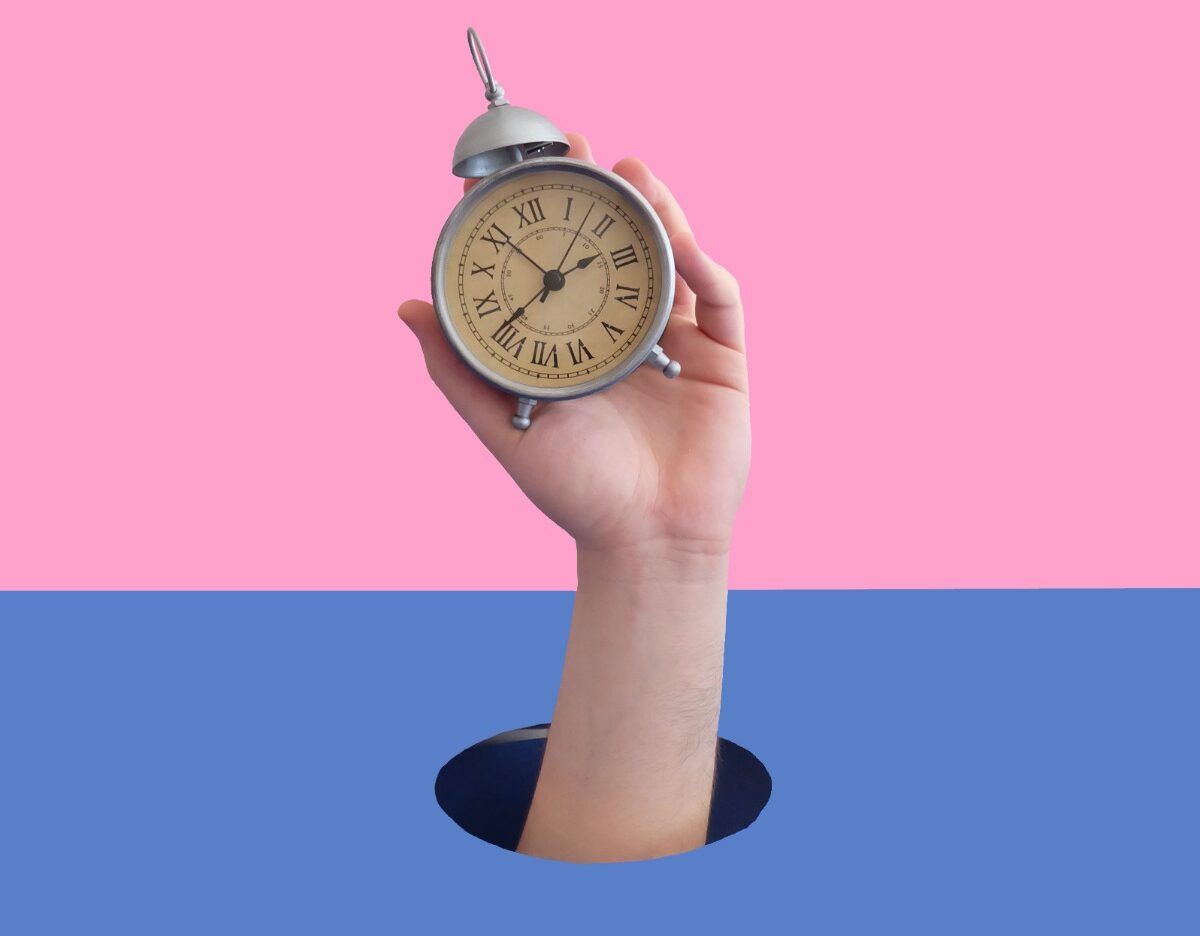
In today’s fast-paced modern world, free time is considered a luxury, but what happens when you have too much of it? Idle time should be put to good use.
Whether you have too much idle time, or you simply don’t know what to do with the idle time you do have, this article is for you. With everything packed on your plate, from health-related appointments and your exercise routine, to work deadlines and family obligations, it may feel like it has been forever since you were able to pause and take a breather.
If you do find yourself with free time, this might not last long because your phone starts ringing, and emails pour in to remind you to get back to your schedule. Idle time is not a bad thing. Not every moment of your life needs to be filled with activities. Don’t feel like you always need to be busy. That’s a one-way ticket to burnout.
In fact, studies attest that taking time to rest is essential for a purpose-driven life. When you’re too busy, you tend to lose productivity as you go along. It’s possible to have a jam-packed schedule and spend the entire day occupied, yet you get nothing significant accomplished. That’s why free time is vital to your mental health. You need this idle time to rejuvenate your mind and body.
Rather than using your idle time to veg out on the couch all day long, you can use this down time to do something meaningful that doesn’t stress you out, wear you down, or take up too much time. Whether you have lots or little time to spare in a day, doing the following during your idle time will help you stay happier and healthier:
Use Idle Time to Expand Your Mind with a Book
What do you do when you have nothing to do? Pick up a book and read. Whether you have 20 minutes or an hour, curling up on the couch with a good book is a great way to spend your idle time. If you have a family, implement the DEAR challenge, which stands for “drop everything and read!” Give yourself half an hour to read several pages. Reading is a relaxing activity, but at the same time, it can do the following:
- Reduce stress
- Stimulate the imagination
- Provide knowledge
- Improve memory and vocabulary
- Develop focus and concentration
- Hone writing skills
- Provide free entertainment

Organize and Tidy Your Home
Organizing your home is always a good idea because a messy house can stress everyone out. After all, a chaotic place equates to a cluttered mind. So if you truly want to relax, it starts with a clean and organized environment.
Besides, you don’t need tons of time to do a quick tidy-up of your home. Even if you just have 15 minutes, you can quickly run the vacuum and put things back where they belong. Encourage everyone in the house to organize with you because dividing and conquering clutter makes the task easier. Just take everyone out for ice cream after as a reward, which is another excellent bonding idea for your free time.
Plant a Garden
Commune with mother nature and give back by planting a tree or gardening. You can buy seeds or seedlings in a nursery to plant around your yard. Studies show that “earthing” or connecting with nature has the following effects:
- Relieves stress
- Calms you down
- Reduces inflammation
- Resets your circadian rhythm
- Improves vitality
With increasing carbon dioxide levels in the air due to pollution, fossil fuel combustion, and deforestation, planting trees is an excellent way to spend time because they use up carbon dioxide in the atmosphere. Having more trees also prevent soil erosion, deter flooding, provide a habitat for animals, and combat global warming.
Learn a New Skill or Discover a Fun New Hobby
Whether you want to learn to crochet, knit, sew, bake, or ballroom dance, engaging in a new hobby is always a great idea when you’ve got time to spare. You can take a legit class, an online course, or even just watch YouTube tutorials. So go ahead and do things that you’ve always wanted to do.
Besides, even if you don’t end up doing it again, at least you can cross it off your bucket list and say you’ve found time to do it but didn’t like it. So go ahead and allow yourself to try things that you enjoy or are interested in. Don’t feel bad for using this as your “me time” because you deserve it for working hard.
Exercise
Doesn’t working out equate to work? It’s even in the name of the activity. However, workouts don’t have to be torture. Exercising during your free time will release endorphins, aka the happy hormones. Even if it’s just a 10-minute power walk, you will feel more energized and ready to face the world after. Besides, when you use your spare time moving your body, you feel recharged and rejuvenated..
Find something that you enjoy rather than staying on the couch and feeling sluggish all day. It can be Zumba, bodyweight workouts, sports, pilates, etc. You’re not just productive when you exercise, but you also reap many benefits such as:
- Staying fit
- Being healthier
- Sleeping better at night
- Increasing energy
- Boosting immunity
- Getting healthier skin
- Maintaining or losing weight

Plan a Date with a Friend
Do you have friends you haven’t seen in a while? What better time to reach out to them than now? When you have idle time, reconnecting with old friends is a great way to unwind and catch up with people who matter.
Remember, friendships also need nurturing, so don’t forget to make time. Whether it’s a coffee date in your quaint neighbourhood cafe or a pamper day in the spa, spending time with your posse will replenish your soul.
Embrace Nothingness
Remember, doing nothing is also a decision. You can just lie there and catch up on sleep. Listen to your body because it will tell you when it needs rest. You can use the idle time to hang out with your family, do Netflix movie nights, or play online games with your kids.
Relish your idle time because these moments are few and far between. So when it happens, and your schedule is clear, embrace it and keep doing nothing without guilt if that’s what you want to do. The key is to spend your spare time doing what you enjoy, whether it’s taking an extra-long bath, getting a mani-pedi, making cupcakes, or just curling up in bed. Whatever it is you find relaxing, do that and don’t worry about life’s pressing demands for the time being. You deserve it!
Studies show that people who don’t detach from stressors during their time off are more exhausted and less resilient in the face of challenges. However, bear in mind time will always seem short or never enough for those who don’t manage time correctly. Thus, you need to learn to make good use of all your time, including the idle hours, to feel more fulfilled each day.
Giving yourself leisure time is essential because it increases productivity. Finding time for rest will also positively impact your personal and professional relationships. Consider taking a CircleDNA test when you want to know what chronotype you are to determine your body’s peak performance level and the best times for rest. The DNA test reports include ancestry reports, disease risk overview, nutrition profile, exercise tips based on your DNA, your genetic success traits, and more. All of this useful information can help you structure your time so you can enjoy more of your life, living it with passion, purpose, and productivity.






